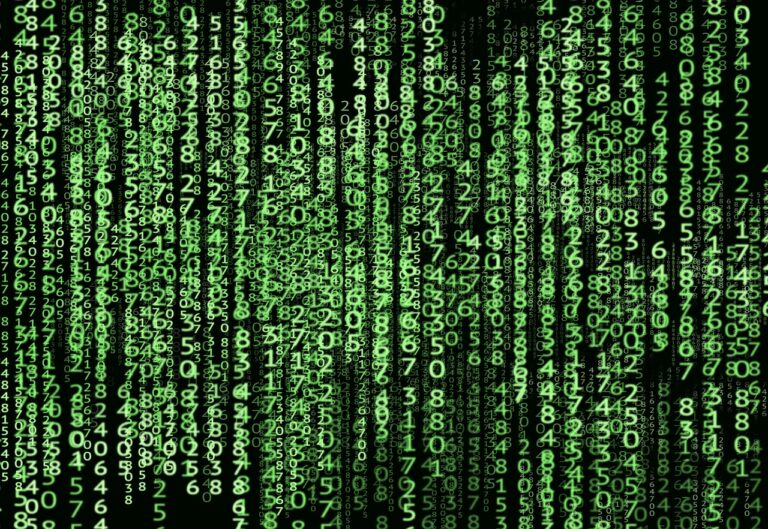Decentralized Finance helps people to access financial products via a decentralized blockchain network unlike the usual traditional finance. Which is governed by centralized institutions. DeFi does not need you to show up in person nor is a guarantor necessary like banks or brokerage firms by allowing for public access to an immutable record of all transactions.
DeFi is based on the idea of democratizing finance by replacing traditional banks with direct online transactions without a third party. Imagine the following to get a sense of how DeFi will alter the world. A blockchain network may one day replace banks as the main provider of the financial services we currently use. Including loans, savings, insurance, and more.
Currently, it allows people to carry out many online transactions that were initially the sole purpose of traditional banks. This including borrowing and lending money, earning interest, purchasing insurance, trading securities and derivatives, and more. The main distinction is that transactions happen much more quickly and without the usual paperwork and third party involved in traditional finance.
Table of Contents
DeFi explained, some of its drivers
Below are some of the terms that drive DeFi.
Blockchain technology. It is the foundation of DeFi because it creates a distributed digital ledger of all transactions that is virtually impossible to hack or change.
Cryptocurrencies. Expensive tokens that use cryptography to secure and transfer them. Bitcoin is an illustration.
Smart contracts. This helps with the creation of rules for any kind of transaction. Clauses from conventional contracts can be transferred in DeFi at this point.
Oracles. They are data coming from a third party that is fed into blockchains with smart contracts that must be executed under specific circumstances.
Stablecoins. A subclass of cryptocurrencies that maintains price parity with benchmark assets (such as gold, the US dollar, the euro, etc.), giving investors stability
Decentralized applications, or DApps: These are software programs that operate on smart contract platforms, which are the foundation of DeFi.
How can DeFi help eradicate poverty
With such low entry barriers, almost anyone with internet access can start using DeFi protocols and making money (through APYs on assets). The ability to take advantage of these opportunities has the power to transform lives, and the technology behind DeFi has the potential to help billions of people in developing nations overcome some of their most pressing financial issues.
Moreover, it now gives market participants access to larger liquidity pools while lowering transaction costs. These enable market participants to take advantage of decentralized crypto asset markets. Many decentralized exchanges now provide better exchange rates for financial products than centralized exchanges and conventional service providers.
If done in a way that offers sufficient customer protection, increasing access to digital asset markets will help developing countries have more widespread financial access.
Also, in order to capitalize on these advantages and get around a system that rewards powerful interests in a largely patriarchal society, women are increasingly turning to cryptocurrencies. DeFi offers a way for women to work in a field that empowers them to control their financial independence. Access is available to all.
Again, users can lend or borrow money when they need it right away while still keeping full ownership of their assets.
With DeFi, assets can now be earned, saved, sent, and traded using e-wallets and decentralized exchanges. This without the need to deal with expensive brokers or banks.
The future of DeFi
The current value of DeFi transactions is around $8 billion. On the other hand, experts anticipate a quick increase in the market. Such growth would open up a market for additional players. Potentially starting a positive feedback loop that would produce the upheaval that DeFi is intended to produce. Banks and other financial institutions that adopt DeFi solutions will benefit as more people engage in financial decentralization.
DeFi could end economic inequality by providing more people with access to the best financial investments. By removing social barriers in finance, DeFi seeks to balance the availability of investments and the distribution of opportunities.












